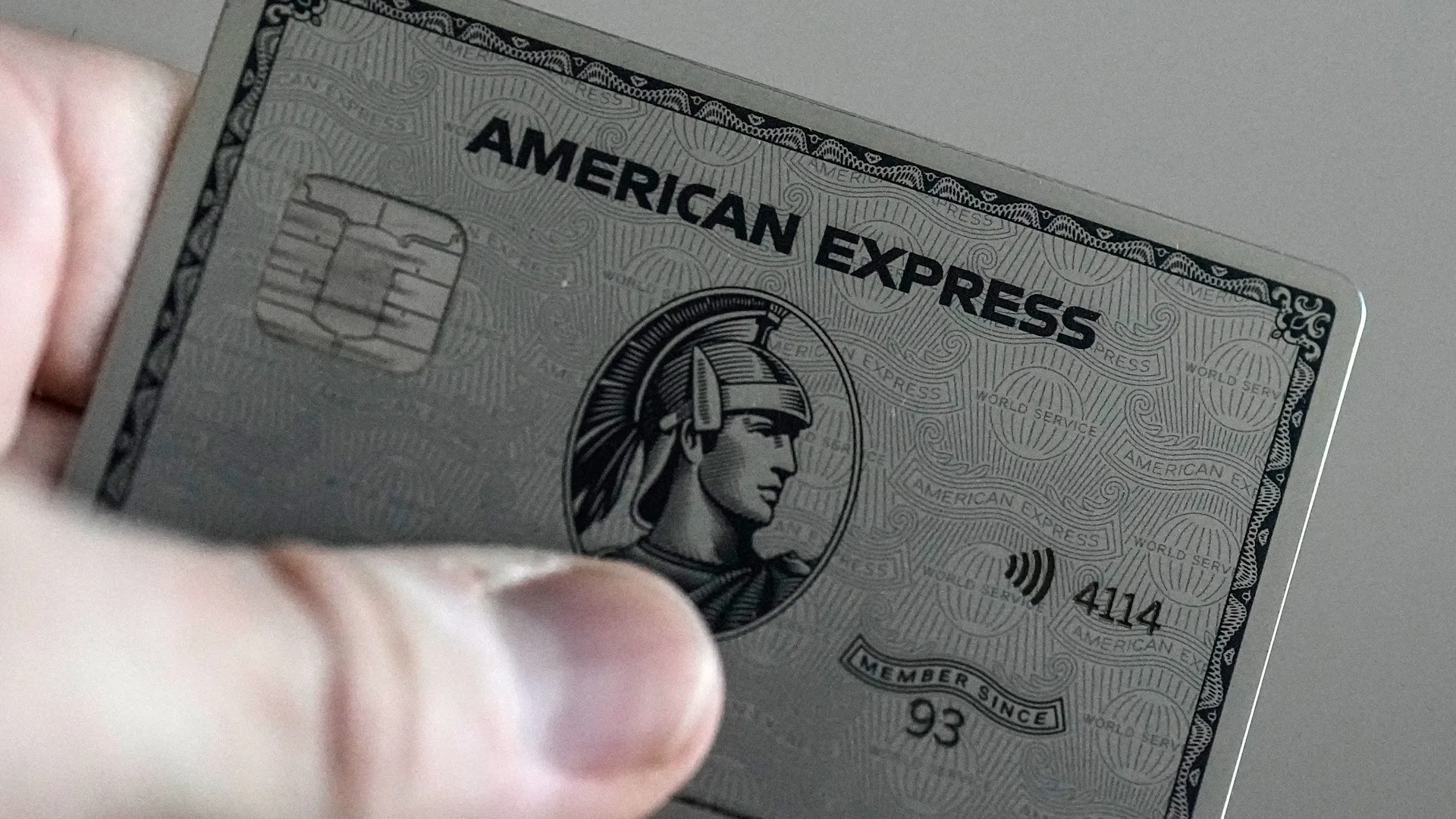American Express, a leading financial services company headquartered in New York, has agreed to pay $108.7 million in a settlement with the U.S. Department of Justice (DOJ). This settlement resolves allegations of misleading practices involving small business credit cards and wire transfer services.
Allegations of Misleading Credit Card Practices
The DOJ stated that from 2015 to mid-2016, some American Express employees issued credit cards to small business customers without requiring valid Employer Identification Numbers (EINs). Instead, fake EINs such as “123456788” were reportedly used to process replacement cards for a discontinued co-branded card. EINs are typically required for corporations and partnerships but are not mandatory for sole proprietors.
American Express allegedly assumed that customers leaving the EIN field blank were sole proprietors, a decision that contributed to the problem. This practice, the DOJ alleged, misled a federally insured financial institution that relied on American Express to follow proper procedures.
Misrepresentation of Wire Transfer Products
In addition to the issues related to credit cards, the DOJ accused American Express employees of misleading small business customers between 2018 and 2021. Employees allegedly marketed two wire transfer services—Payroll Rewards and Premium Wire—with deceptive claims.
Sales representatives reportedly informed customers that the wire transfer fees for these services were tax-deductible business expenses and that any membership reward points earned were tax-free. However, the DOJ clarified that these fees were not deductible as ordinary business expenses since they were solely for personal benefits. This false information led to significant financial discrepancies for affected customers.
Accountability and Enforcement
“This multi-million-dollar settlement holds American Express accountable for its actions,” said Jeffrey D. Pittano, Special Agent in Charge of the Federal Deposit Insurance Corporation Office of Inspector General (FDIC-OIG), Mid-Atlantic Region. He emphasized the ongoing commitment of the FDIC-OIG and law enforcement partners to investigate financial crimes that harm customers and undermine the integrity of financial institutions in the United States.
The settlement aims to restore trust in the financial system by ensuring that large corporations comply with regulations designed to protect customers and institutions. However, except for the conduct admitted as part of the criminal resolution, the settlement does not establish liability for all the allegations.
A Commitment to Integrity
American Express has agreed to the settlement without admitting liability for the allegations. The resolution emphasizes the importance of transparency and adherence to federal guidelines in maintaining the credibility of financial services companies. While this settlement concludes the DOJ’s investigation into the matter, it underscores the need for stricter internal oversight to prevent such issues in the future.
By addressing these allegations, the DOJ reinforces its message to financial institutions about the importance of ethical practices and the consequences of violating federal laws.
Key Takeaways:
- Settlement Amount: American Express will pay $108.7 million to resolve the allegations.
- Credit Card Issue: Fake EINs were allegedly used to issue credit cards without proper verification.
- Wire Transfer Claims: Employees allegedly provided false information about tax deductibility and benefits of wire transfer services.
- Enforcement: The FDIC-OIG has reaffirmed its commitment to investigating financial crimes that harm customers and institutions.
This settlement serves as a reminder of the importance of ethical business practices and the need for customers to remain informed about the services they use.
Disclaimer – Our team has carefully fact-checked this article to make sure it’s accurate and free from any misinformation. We’re dedicated to keeping our content honest and reliable for our readers.








